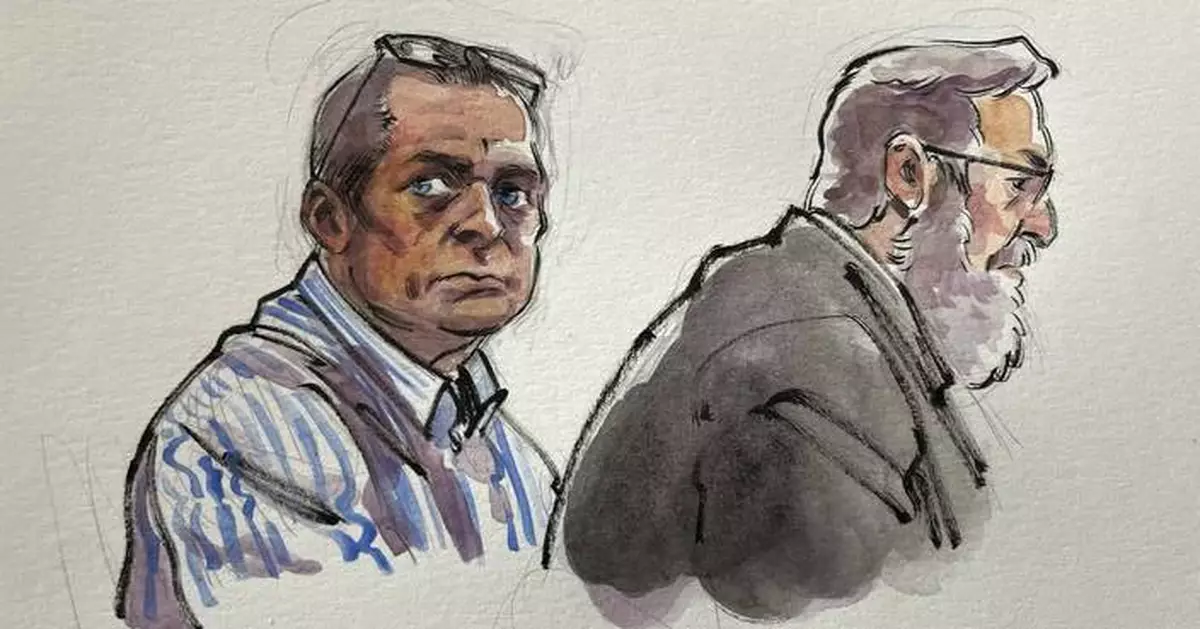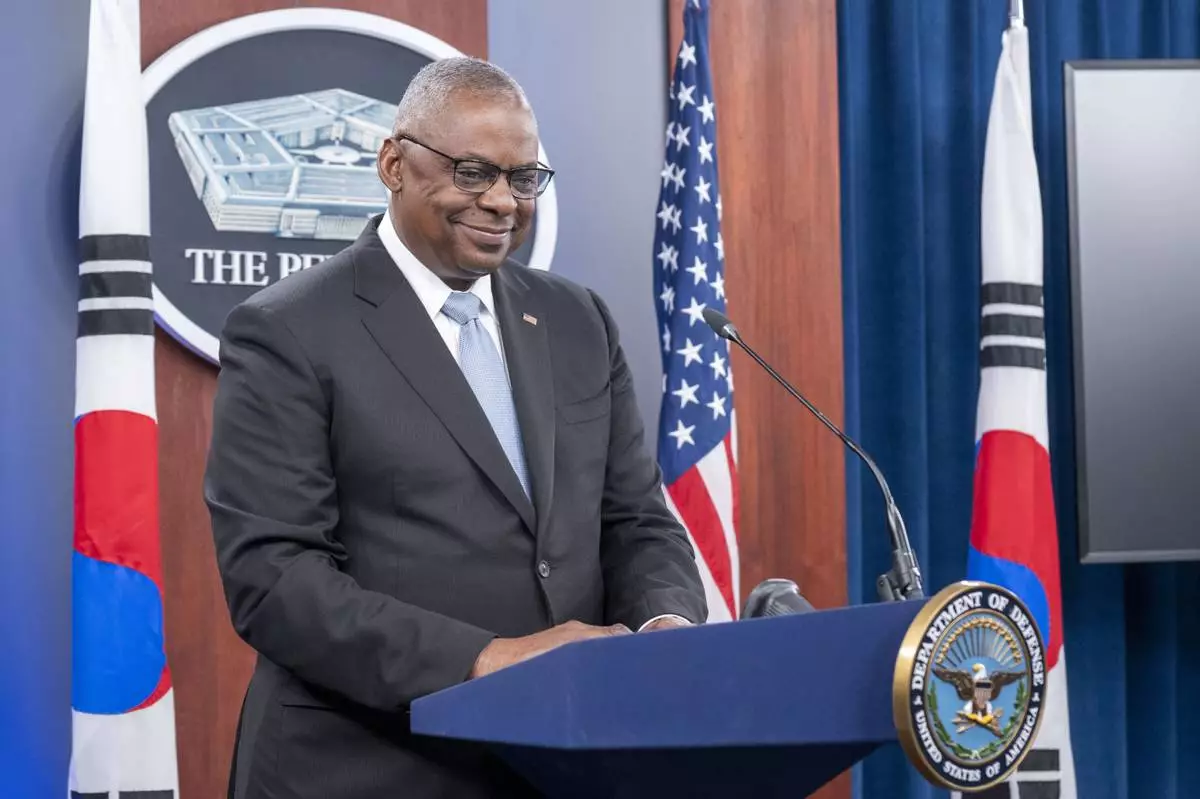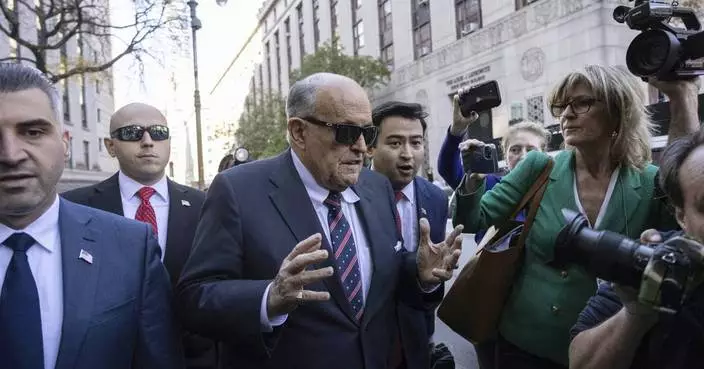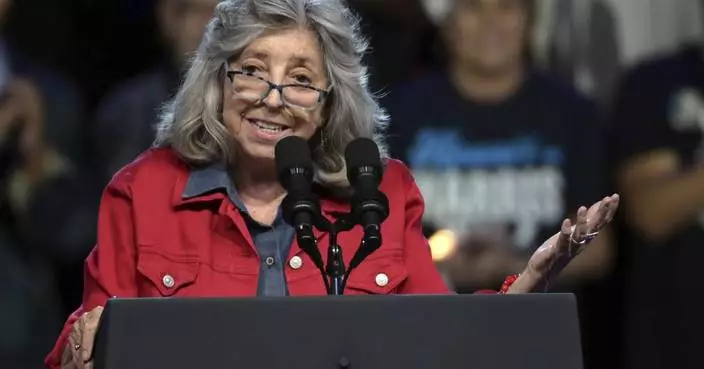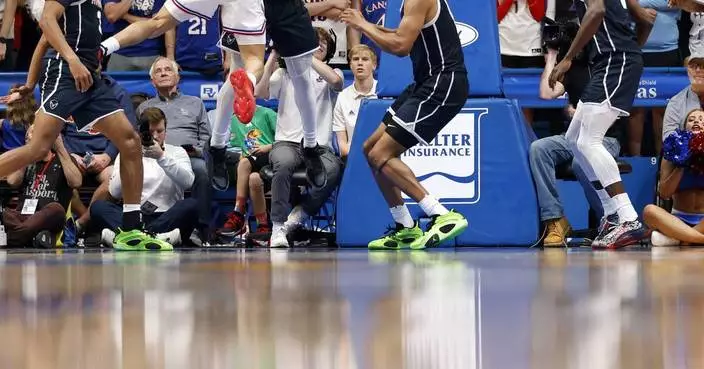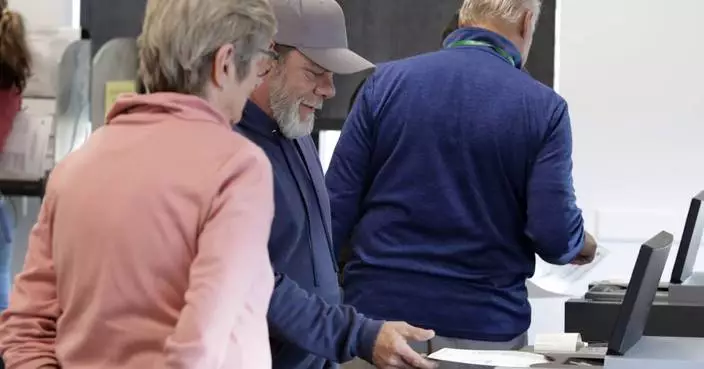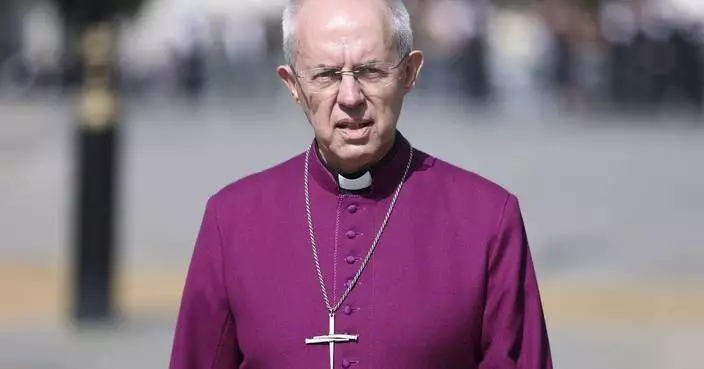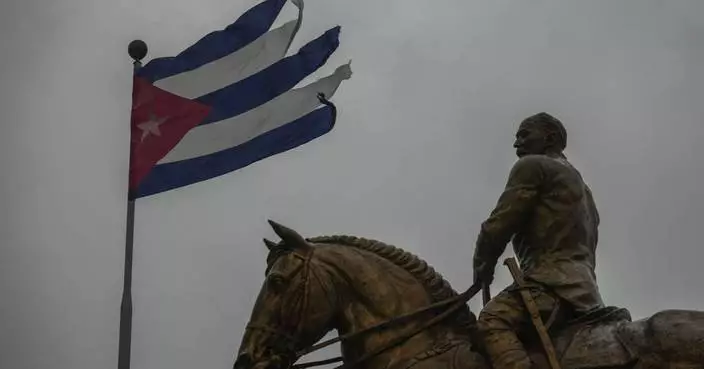INDIANAPOLIS (AP) — The fate of an Indiana man charged with murder in the 2017 killings of two teenage girls who vanished during an afternoon hike near their small hometown was in the hands of a jury Thursday.
Richard Allen, 52, faces two counts of murder and two additional counts of murder while committing or attempting to commit kidnapping in the killings of Abigail Williams, 13, and Liberty German, 14. He could be sentenced to up to 130 years in prison if convicted of all the charges.
The seven women and five men began deliberations Thursday afternoon after hearing closing arguments in the weekslong murder trial. Deliberations ended after about two hours and will resume Friday morning.
Carroll County Prosecutor Nicholas McLeland told jurors that Allen is the man seen in a grainy cellphone video recorded by one of the girls, known as Abby and Libby, as they crossed an abandoned railroad bridge just before they vanished on Feb. 13, 2017.
“Richard Allen is Bridge Guy,” McLeland told jurors. “He kidnapped them and later murdered them.”
He noted that Allen had confessed repeatedly to the killings — in person, on the phone and in writing. In one of the recordings he replayed for the jury, Allen could be heard telling his wife, “I did it. I killed Abby and Libby.”
Allen's defense cast doubt on the confessions, putting up witnesses, including a psychiatrist who testified that Allen was delirious and psychotic after months in solitary confinement.
Attorney Bradley Rozzi closed by saying that Allen is innocent.
No witness explicitly identified Allen as the man seen on the hiking trail or the bridge the afternoon the girls went missing, he noted. No fingerprint, DNA or forensic evidence links Allen to the murder scene, Rozzi said.
And for more than five years after the teens were killed, Allen still lived in Delphi while working at a local pharmacy.
“He had every chance to run, but he did not because he didn’t do it,” he told the jurors.
The case has drawn outsized attention from true-crime enthusiasts, with repeated delays, some surrounding a leak of evidence, the withdrawal of Allen’s public defenders and their reinstatement by the Indiana Supreme Court. It has also been the subject of a gag order.
The 12 jurors along with alternates were sequestered throughout the trial, which began Oct. 18 in the girls’ hometown of Delphi, a small northwest Indiana city where Allen also lived and worked as a pharmacy technician. A special judge oversaw the case. Superior Court Judge Fran Gull, along with the jurors, came from northeastern Indiana’s Allen County.
In his closing argument, McLeland recapped evidence that an unspent bullet found between the teens’ bodies “had been cycled through” Allen’s .40-caliber Sig Sauer handgun. A firearms expert called by the defense questioned the state police analysis, and Rozzi dismissed it as a “magic bullet,” saying investigators had made an “apples to oranges” comparison of the unspent round to one fired from Allen’s gun.
The prosecutor also said a state trooper who had listened to more than 700 phone calls placed by Allen had identified Allen's voice on German’s cellphone video telling the teens, “ Down the hill ″ after they crossed an abandoned railroad trestle called the Monon High Bridge. McLeland showed jurors a digitally enhanced version of the cellphone video and said Allen was the man recorded walking behind Williams.
McLeland said Allen, armed with a gun, forced the youths off the trail and that he had planned to rape them before a passing van made him change his plans. Gruesome crime scene photos showed how the girls were found with their throats cut the next day, about a quarter-mile (less than half a kilometer) from the bridge.
The defense questioned the state's timeline with witnesses including a digital forensics expert who said headphones or an auxiliary cable were plugged into Libby’s cellphone for nearly five hours after she and Abby disappeared, raising doubts about the investigators’ belief that the girls were killed and left in the woods around 2:32 p.m. that day.
Attorney Andrew Baldwin argued during trial that one or more other people must have kidnapped the teens and returned them early the next day to the spot where they were found.
Prosecutors directed jurors again to Allen’s own words, in confessions he made to his mother and wife and also to a prison psychologist, correctional officers and the former warden of the Westville Correctional Facility, who said Allen wrote him claiming to have killed the girls with a box cutter that he later discarded.
Prosecutors said Allen's incriminating statements contained information only the killer could have known.
Defense attorneys argued that Allen's confessions are unreliable because he was facing a severe mental health crisis while under the pressure and stress of being locked up in isolation, watched 24 hours a day and taunted by people incarcerated with him. A psychiatrist supported the argument, testifying that months in solitary confinement could cause a person to become delirious and psychotic.
Before the trial began, Allen's lawyers had sought to argue that the girls were killed in a ritual sacrifice by members of a white nationalist group known as the Odinists who follow a pagan Norse religion, but the judge ruled against that, saying the defense “failed to produce admissible evidence” of such a connection.
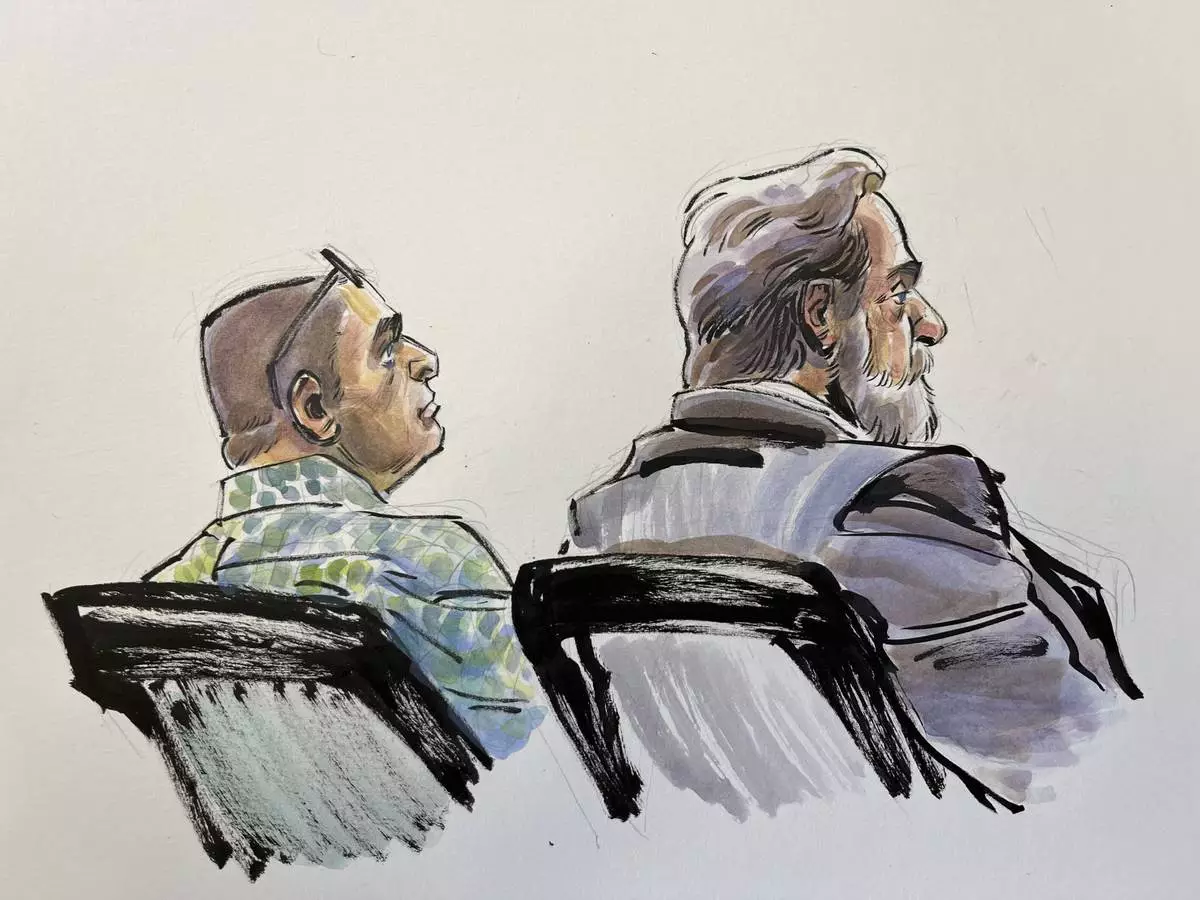
In this courtroom sketch, Richard Allen, left, is seated next to one of his defense attorneys, Andrew Baldwin, inside a courtroom at the Carroll County Courthouse in Delphi, Ind. on Monday, Oct. 28, 2024. (Li Buszka via AP, Pool)
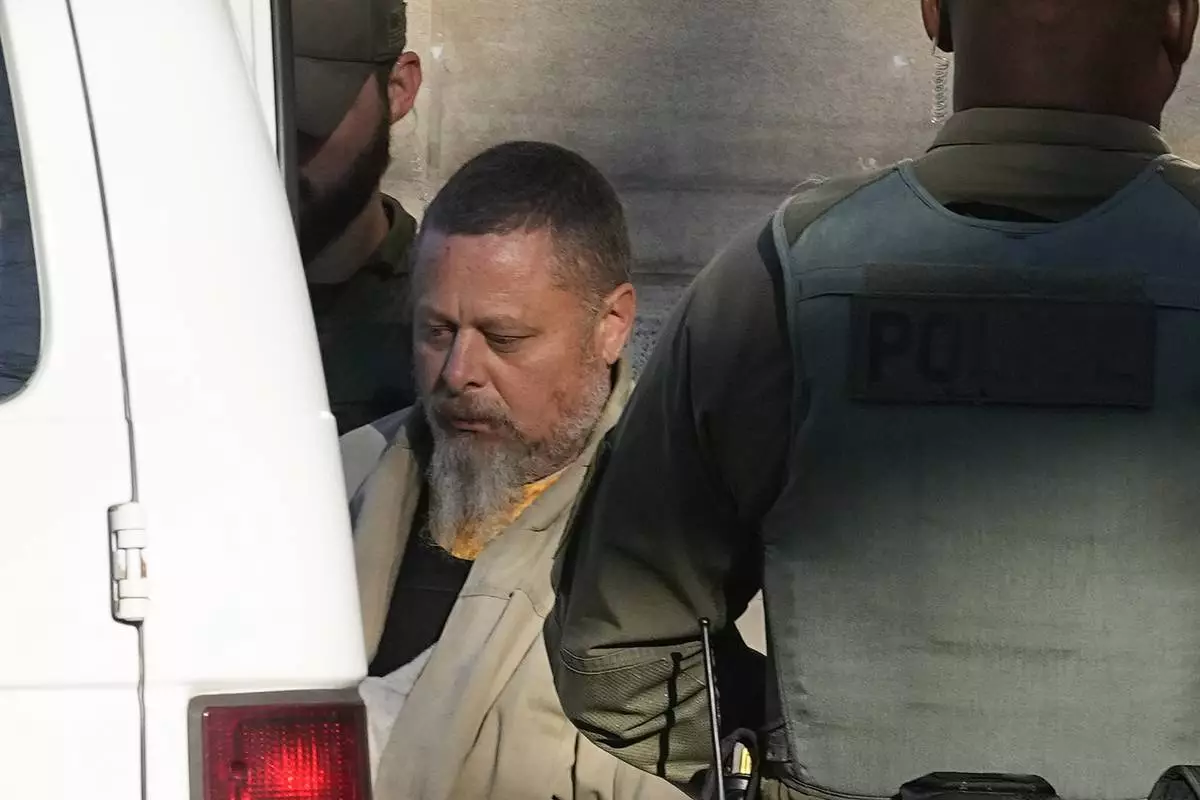
FILE - Officers escort Richard Allen out of the Carroll County courthouse following a hearing, Nov. 22, 2022, in Delphi, Ind. (AP Photo/Darron Cummings, File)
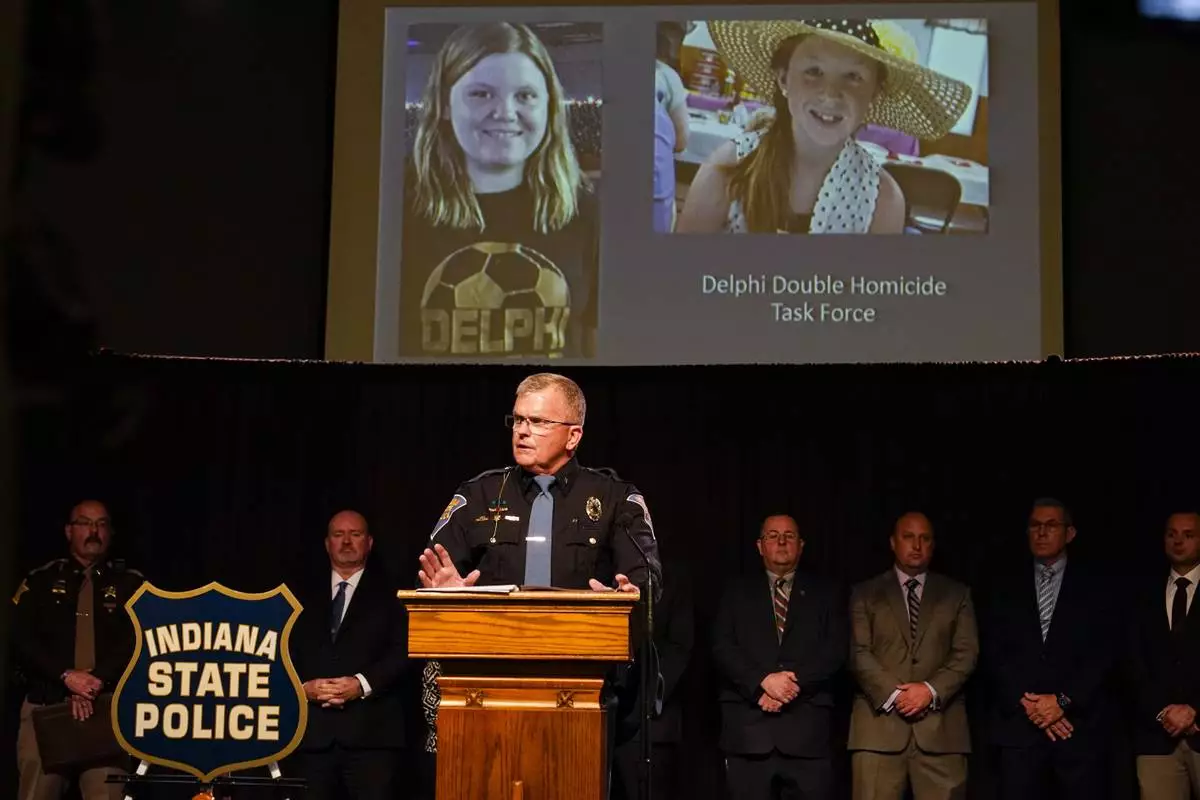
FILE - Indiana State Police Superintendent Doug Carter announces during a news conference in Delphi, Ind., Oct. 31, 2022, the arrest of Richard Allen for the murders of two teenage girls killed in 2017. (AP Photo/Michael Conroy, File)
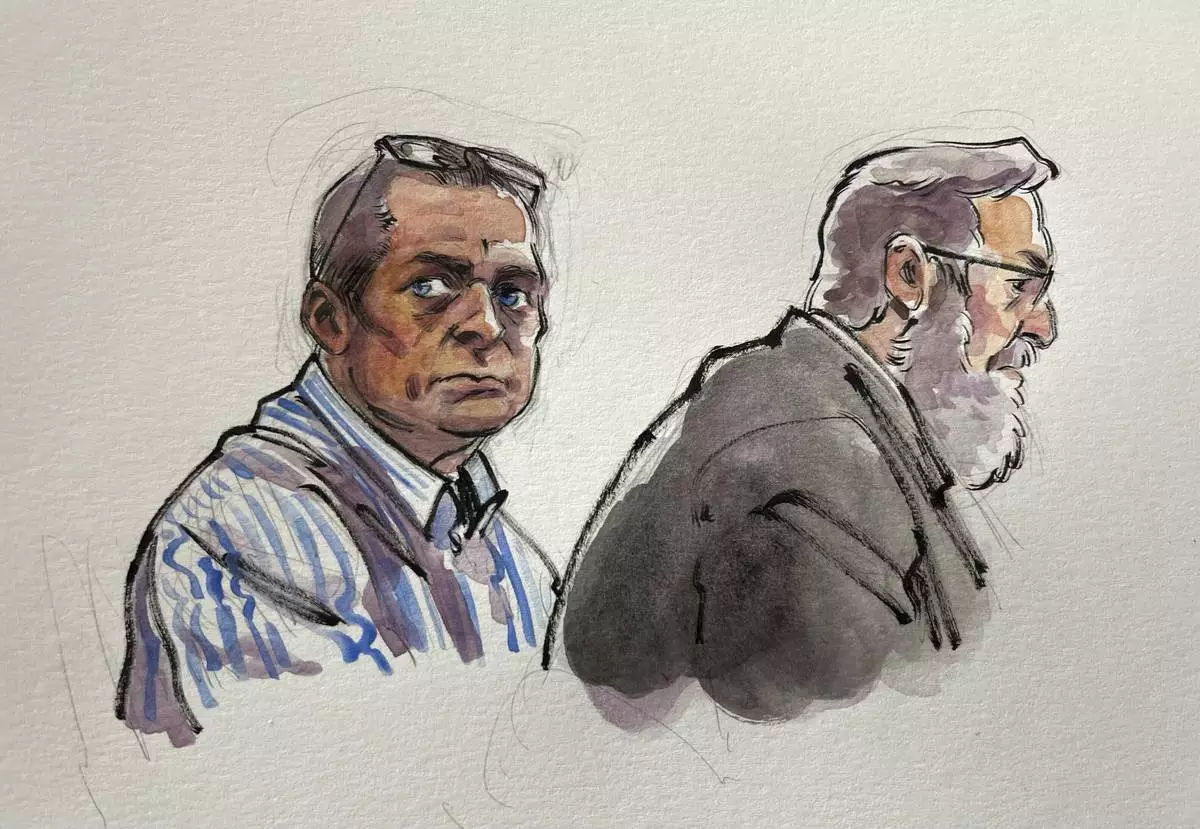
In this courtroom sketch, Richard Allen, left, is seated next to one of his defense attorneys, Andrew Baldwin, inside a courtroom at the Carroll County Courthouse in Delphi, Ind. on Saturday, Nov. 2, 2024. (Li Buszka via AP, Pool)


